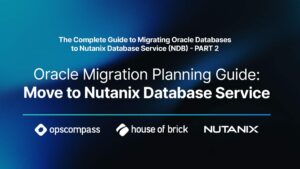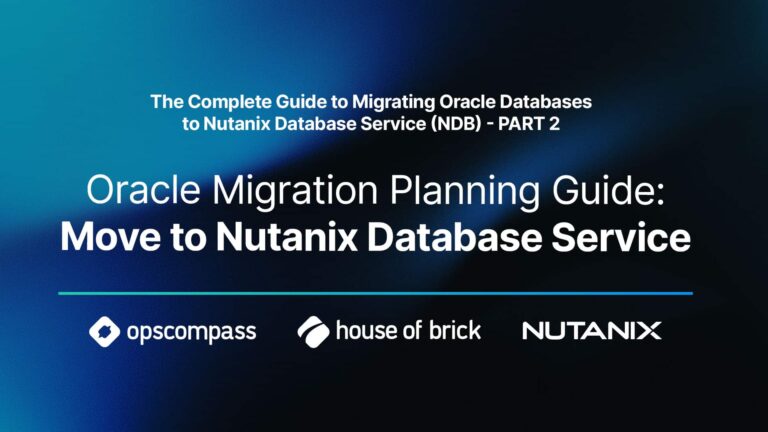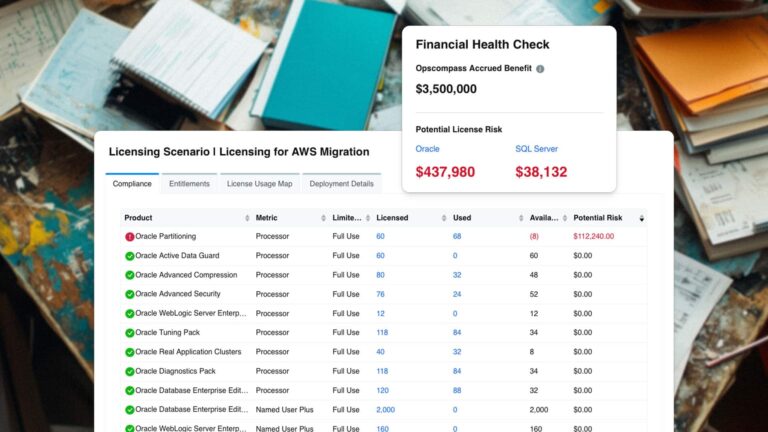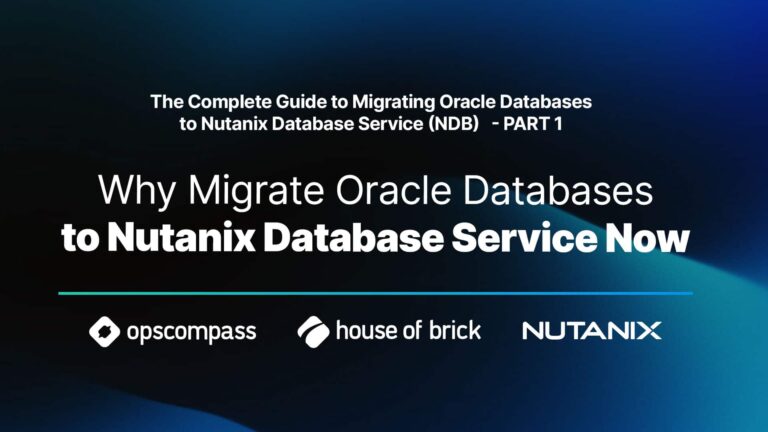Oracle Audits Don’t Just Look at Installations—They Look at Features
Oracle Database comes loaded with powerful Enterprise Edition features like Partitioning, Advanced Compression, and Data Guard. But here’s the problem:
You’re charged based on what you use, not just what you install.
And Oracle’s LMS scripts are designed to catch even accidental usage.
Learn how House of Brick identifies feature usage before Oracle does
Why Feature Usage Is an Audit Trap
- Many features are enabled by default in Enterprise Edition
- DBAs often use features without realizing they require separate licensing
- Feature usage is tracked over time—even if you disable it later
- Oracle LMS audits check for historical usage via data dictionary views and system activity logs
Read: Oracle Partitioning Myths and Audit Risks
Most Commonly Misused Oracle Features
-
- Partitioning
Used to break large tables into pieces for performance. Requires explicit licensing. - Advanced Compression
Reduces storage but triggers a licensing requirement even if used on backups. - Active Data Guard
Offloads reads to standby DBs. Not included with standard Data Guard. - Database Vault
Enhances security but must be licensed per core. - OLAP and Spatial Options
Often included in cloud instances but still billed per usage.
- Partitioning
How to Audit Feature Usage Internally
Step 1: Run Oracle Feature Usage Reports (FURs)
Use Oracle’s own tools to see which features are enabled. But beware—they can be incomplete.
Step 2: Use Opscompass for Real-Time Monitoring
- Detect when licensable features are turned on
- Get historical usage logs to assess exposure
- Track drift and usage changes automatically
Step 3: Validate Against Contracts with House of Brick
We compare your actual usage with your entitlements to identify risk and remediation options.
Why You Need to Audit Feature Usage Before an Oracle Audit
- Oracle will not ask—they’ll tell you what you owe based on what they find
- You’re responsible for usage across dev, test, DR, and production
- Oracle may bill for retroactive usage going back years
FAQs: Feature Usage Audits
Yes. Oracle doesn’t differentiate between intentional and unintentional use.
Oracle may still bill unless your contracts include non-prod exclusions.
Yes, but licenses must match usage and environment—per processor.
You Don’t Have to Wait for Oracle to Knock
If you proactively audit your feature usage, you can catch risks before they become invoices.







